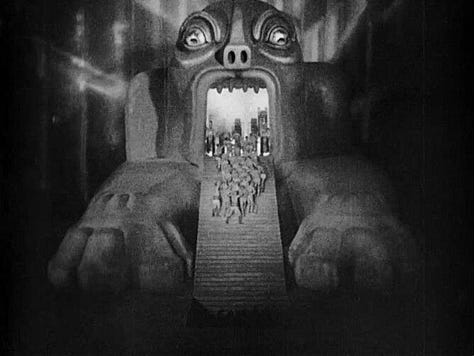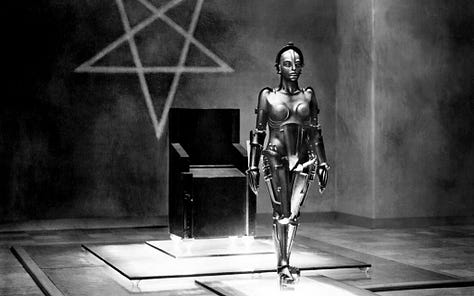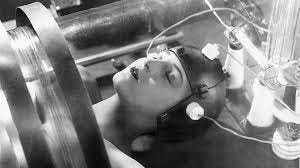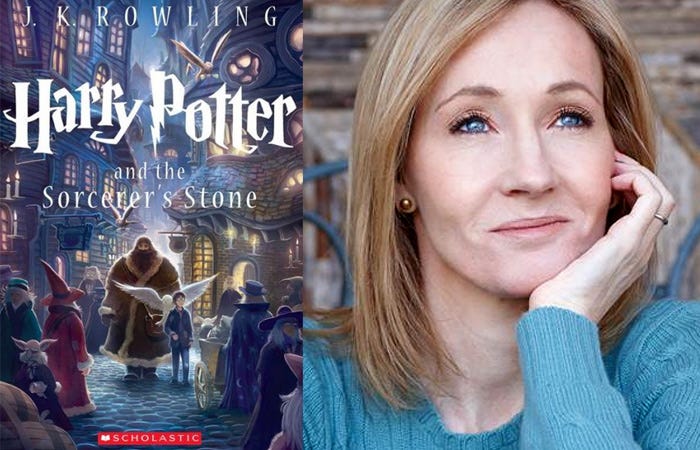Han Kang, 2024 Nobel Laureate in Literature
Confronting Korea's historical traumas through fiction & the 1927 film "Metropolis"
On October 10, 2024, the Swedish Academy announced that S. Korean author Han Kang (born November 27, 1970) is this year's winner of the Nobel Prize in Literature. The awards ceremony will be held on December 10, 2024.
Her lyrical prose confronts the historical traumas inflicted upon modern Korea, facilitating the nation's healing. Han's intense experimental works that have been called both tender and brutal, often disturbing, at times surrealistic, and often involving invisible sets of rules.
Han Kang is the first S. Korean author and the first Asian woman ever to be given a Nobel Prize in Literature. She is the first Asian author to win a Nobel since Mo Yan was awarded literature's most prestigious honor in 2012.In total, she is only the 18th woman to win this prize, which includes a cash award of $1 million.
Han's career began with the publication of her poetry in 1993. Han's first book, the short story collection "Love of Yeosu," was published in 1995.
For many years she taught creative writing at the Seoul Institute of the Arts. She is also a talented cartoonist and singer, and has worked as a journalist.After years of criticism for airing Korea's dirty laundry, the publication of her novel "The Vegetarian," translated into English by Deborah Smith, solidified her reputation as a great author. The book describes the social cruelty that suddenly mobilizes against a woman who decides to go vegetarian, and her complex reasons for doing so. It won the International Booker Prize.
Chairman of the Swedish Academy & Nobel Committee Anders Olsson stated, "She has a unique awareness of the connections between body and soul, the living and the dead, and in her poetic and experimental style has become an innovator in contemporary prose."
Other books by Han Kang are "Human Acts," "The White Book," "We Do Not Part," and her most recent book "Greek Lessons."
Han Kang's name means Han River. Her father is the popular novelist Han Seung-won.From the Attic:
Today's free film is "Metropolis" (1927) with Roger Ebert’s 1998 film review. Even or especially in the 1920s, there was already a keen sense of the potential cruelty of technological advancement and that it would inevitably be abused by psychologically immature men who have fallen prey to demonic forces determined to destroy the human race.
Fritz Lang‘s groundbreaking German Expressionist film has influenced sci-fi film to this day. Happy Halloween to all!



Lessons for Writers from JK Rowling
"...I thought that if it got published, I really thought it's a book for obssessives. It's a book for the kind of people who enjoy every little tiny detail about the world." JK Rowling is the highest paid author in the history of the world and the first author billionaire. She has been the #1 best selling author in the UK since knocking






